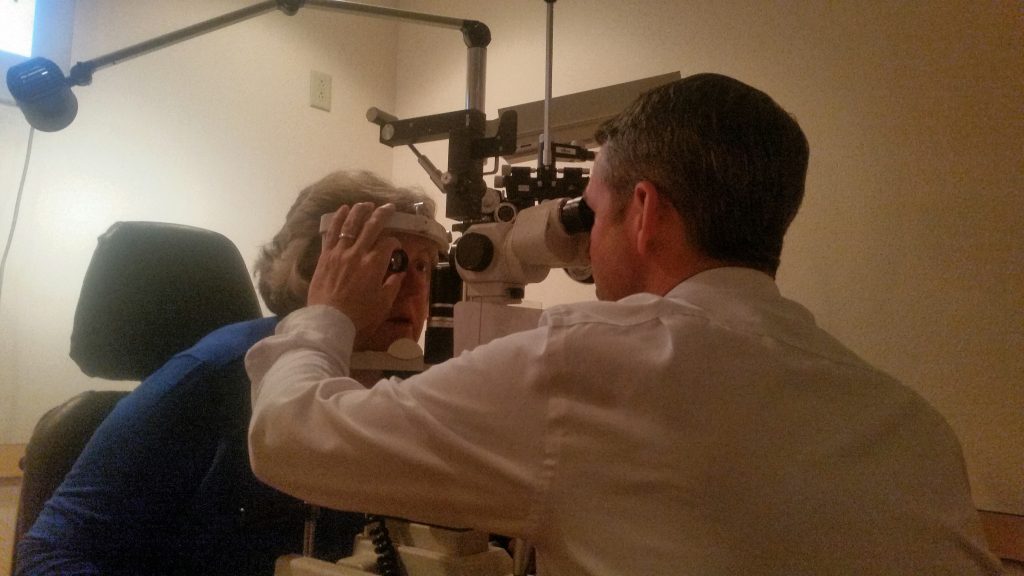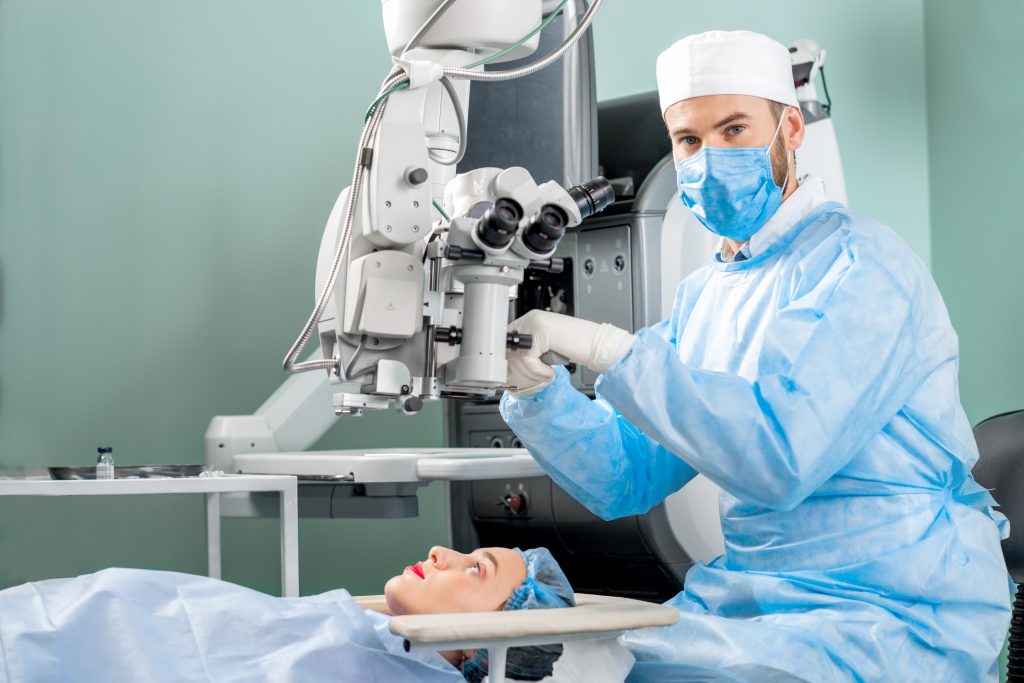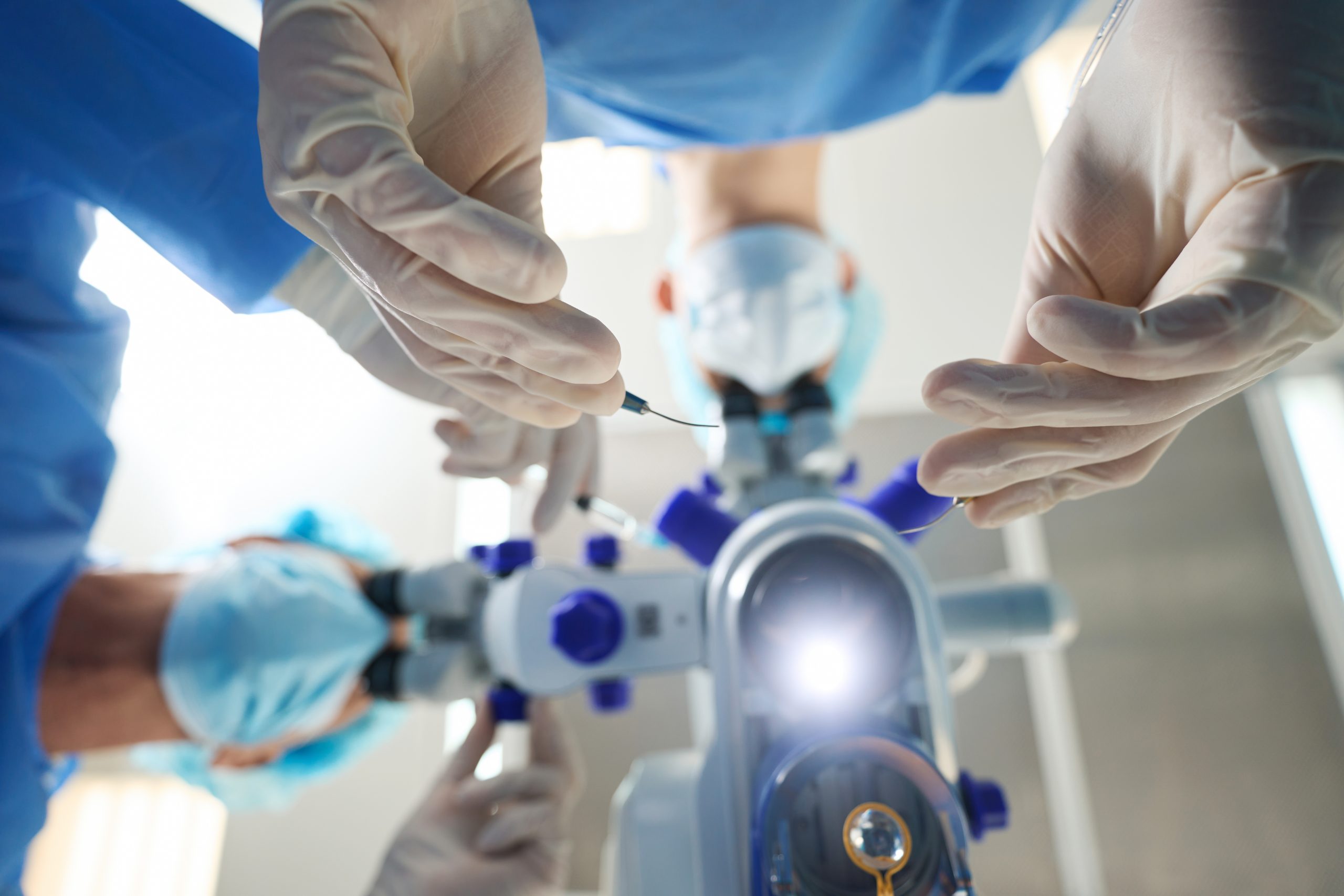Understanding the Three Stages of Cataracts
The progressive nature of cataracts makes it one of the leading causes of visual impairment and blindness worldwide. A cataract is characterized by the clouding of the lens in the eye, leading to decreased vision and, if left untreated, significant loss of sight. This condition can develop in one or both eyes and predominantly affects individuals in their later years. In this article, we shall explore the three stages of cataracts, offering insights into the symptoms, risks, and management at each phase.

Stage One: Early Onset
Symptoms:
The initial stage of a cataract is often unnoticeable, as the symptoms are mild. Individuals might experience a slight blur in vision, comparable to looking through a cloudy piece of glass. There’s an increased sensitivity to glare and light, with individuals often finding it difficult to drive at night due to the halo effect around lights.
Management:
Early detection and management can slow the progression. Regular eye check-ups are crucial, especially for individuals above the age of 40. Corrective lenses can be effective in improving visual acuity during this stage. Lifestyle changes, such as incorporating a diet rich in vitamins and antioxidants, can also play a vital role.
Stage Two: Progressive Deterioration
Symptoms:
As the cataract progresses, so does the intensity of the symptoms. The clouding of the lens becomes more pronounced, leading to an evident loss of visual acuity. Colours may appear less vibrant, and individuals might experience double vision. The frequency of changing prescription glasses or contact lenses increases.
Management:
Renowned ophthalmologist Dr. B Khantsi emphasizes the importance of frequent eye examinations during this stage to monitor the progression. Non-surgical interventions like enhanced lighting and anti-glare sunglasses can aid in managing the symptoms. However, as the condition advances, surgical intervention becomes a considerable option.
Stage Three: Advanced Cataract
Symptoms:
In this final stage, the lens becomes significantly clouded, leading to a drastic reduction in vision. Individuals might experience a phenomenon known as “second sight,” where near vision temporarily improves. However, this is short-lived. The ability to perceive colours and contours diminishes, severely impacting daily activities and quality of life.
Management:
Surgery is typically the most viable option during the advanced stage of cataract. It involves removing the clouded lens and replacing it with an artificial one. This procedure is highly successful in restoring vision, with patients often experiencing immediate improvement in visual acuity.
Understanding the stages of cataracts is essential for effective management and treatment. Early detection through regular eye exams can mitigate the progression, enhancing the quality of life for affected individuals. Advances in medical science, coupled with increased awareness, continue to play a pivotal role in reducing the global burden of cataracts. Every individual, especially those in the higher age bracket or with a family history of cataracts, is encouraged to prioritize eye health, ensuring a future where clear vision is accessible and sustainable for all.

Recovery After Cataract Surgery
Cataract surgery is one of the most common and successful procedures performed worldwide. With the advent of modern surgical techniques and equipment, patients are often curious about the recovery process and how long it takes to return to their normal vision and routine. In this article, we will delve into the intricacies of the recovery phase post-cataract surgery, giving you an insight into what to expect and how to optimize the healing process.
The Procedure:
Cataract surgery involves the removal of the clouded natural lens of the eye, which is then replaced with an artificial intraocular lens (IOL) to restore clarity and improve vision. The procedure itself is typically quick, lasting only about 15-20 minutes per eye, and is often performed under local anaesthesia.
Immediate Postoperative Phase:
Patients generally experience a notable improvement in vision within the first 24 hours following the surgery. However, it is not unusual to have blurred vision and minor discomfort during this period. These immediate effects are part of the natural healing process and usually subside within a day or two.
The First Week:
The initial week post-surgery is crucial for the recovery. Patients are advised to avoid any strenuous activity and take precautions to prevent any pressure or strain on the operated eye. It is common to experience mild irritation, light sensitivity, and fluctuations in vision. Administering prescribed eye drops and following the postoperative care instructions provided by the surgeon is essential during this period.
The First Month:
The majority of the healing occurs within the first month. Patients often report a progressive improvement in visual clarity and comfort. Regular follow-up appointments with the eye specialist are vital to monitor the healing process, adjust medications, and address any potential complications.
Complete Recovery:
Full recovery time can vary depending on the individual’s general health, age, and any coexisting eye conditions. However, most patients can expect to attain optimal visual acuity within 2 to 6 weeks post-surgery. By this time, any residual inflammation, light sensitivity, or visual disturbances are typically resolved, and patients can enjoy the full benefits of improved vision.
Enhancing Your Recovery Experience:
Choosing a highly skilled and experienced eye surgeon is pivotal to ensure not only a successful cataract surgery but also a smooth and swift recovery. One such renowned platform for finding expert ophthalmologists iSurgeon. Utilizing their professional services can significantly enhance the quality of care and personalized attention you receive throughout your surgical journey.
Recovering from cataract surgery is a relatively swift and straightforward process for the majority of patients. With adherence to postoperative care guidelines, most individuals experience significant improvement in vision and return to their normal activities within a few weeks. Being informed and prepared about what to expect post-surgery can contribute to a more comfortable and stress-free recovery experience, ushering you into a world of clearer, brighter vision.

